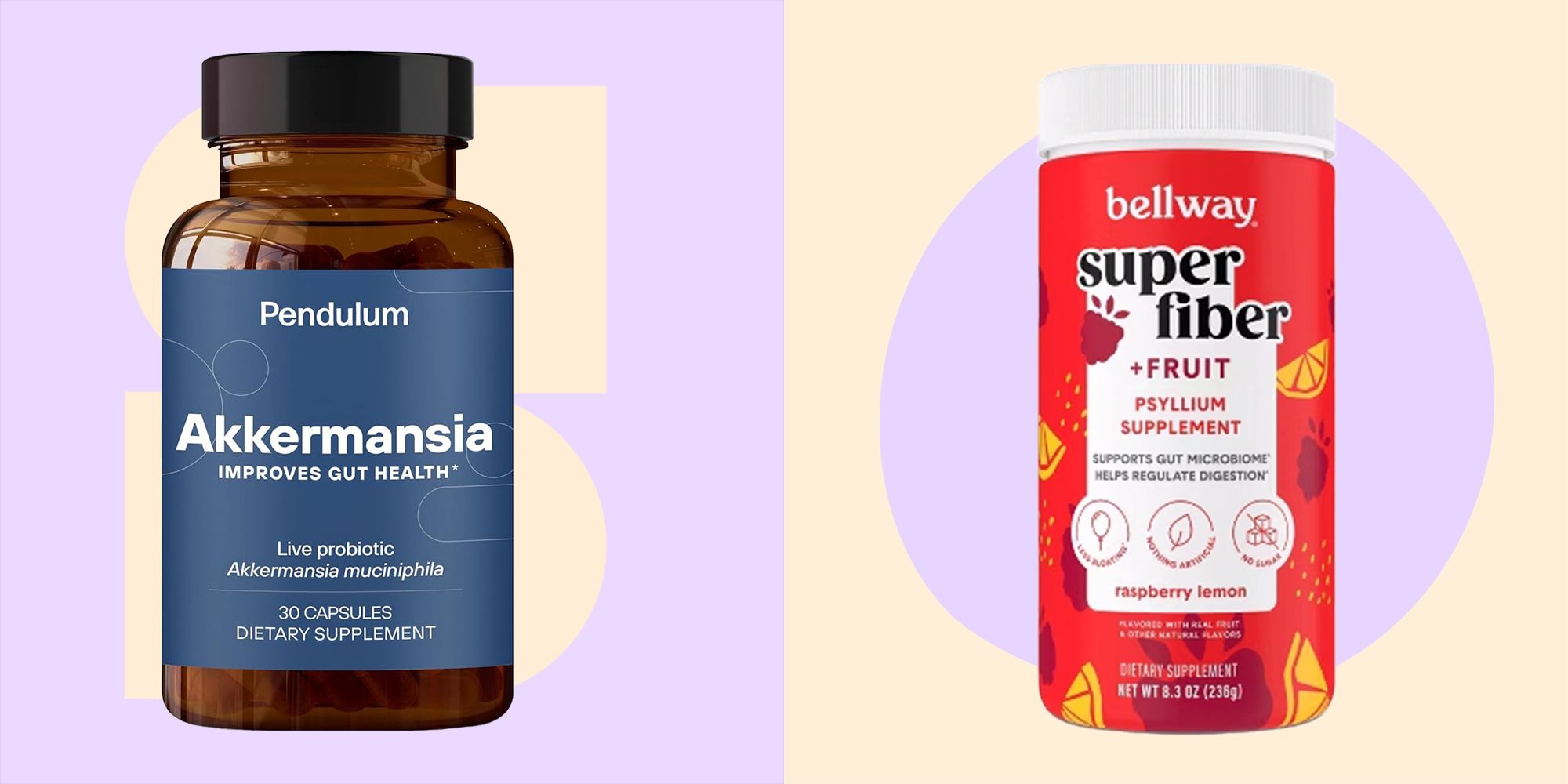Why You Should Consider a Gut Health Supplement for Improved Gut Flora
Why You Should Consider a Gut Health Supplement for Improved Gut Flora
Blog Article
Discover the Key to Digestion and Immunity With Intestine Health Support

Recognizing Gut Health And Wellness
Recognizing digestive tract health is critical for general health, as it plays a considerable role in food digestion, immunity, and also psychological health. The intestine, comprising the intestinal tract, is liable for breaking down food, taking in nutrients, and eliminating waste. A balanced digestive tract atmosphere guarantees effective digestion, allowing the body to make use of nutrients efficiently.
In addition, digestive tract wellness considerably influences the body immune system. The gut houses a considerable section of the body's immune cells, and a healthy gut can aid fend off pathogens and minimize swelling. Disturbances in gut health can result in an over active immune feedback, possibly adding to autoimmune disorders and allergies.
Additionally, the digestive tract is commonly described as the "2nd mind" as a result of the gut-brain axis, an intricate interaction network connecting the gut and the brain. This link affects state of mind, cognition, and psychological health. Issues such as dysbiosis, identified by a discrepancy in digestive tract bacteria, have been connected with mental health problems, including anxiety and anxiety.
The Digestive Tract Microbiome Explained

The gut microbiome, a varied neighborhood of microorganisms living in the intestinal tract, plays a pivotal function in keeping digestive wellness and total health. Consisting of trillions of bacteria, viruses, fungi, and other microbes, this complicated community aids in the digestion of food, the synthesis of important nutrients, and the law of metabolic procedures.
Each person's gut microbiome is distinct, affected by factors such as diet regimen, way of life, genetics, and ecological direct exposures. A well balanced microbiome sustains optimal digestion by breaking down complicated carbohydrates, producing short-chain fatty acids, and promoting the absorption of nutrients. Conversely, a discrepancy, usually described as dysbiosis, can lead to digestion conditions, including short-tempered digestive tract syndrome (IBS) and inflammatory digestive tract condition (IBD)
Research study has shown that a diverse microbiome is linked with better wellness outcomes, highlighting the importance of nutritional options in supporting these microbes. Foods abundant in fiber, probiotics, and prebiotics, such as fruits, veggies, and fermented items, can advertise a healthy microbiome. Comprehending the digestive tract microbiome is vital for developing targeted interventions aimed at improving digestion health and avoiding intestinal conditions.

Link In Between Digestion and Resistance
A robust link exists in between digestion and immunity, highlighting the important function of the digestive tract in preserving overall wellness. The gastrointestinal system is home to trillions of microorganisms that develop the gut microbiome, which substantially affects both immune responses and gastrointestinal procedures. This complex environment help in damaging down food, soaking up nutrients, and providing important metabolites that support immune function.
When food digestion is reliable, the intestine obstacle stays intact, protecting against unsafe pathogens from entering the blood stream (gut health supplement). Alternatively, bad digestion can result in an imbalance in the microbiome, causing dysbiosis, which has actually been connected to different health concerns, consisting of inflammatory conditions and autoimmune illness. Furthermore, roughly 70% of the body immune system stays in the gut-associated lymphoid cells (GALT), which communicates useful link very closely with the digestive tract microbiome. This interaction makes sure that the body immune system can efficiently distinguish in between beneficial and dangerous substances.
Tips for Sustaining Intestine Health
Sustaining digestive tract health is essential for keeping both digestive system performance and a well-functioning body immune system. To cultivate optimal intestine health and wellness, think about including several practical methods right into your daily routine.
First, prioritize hydration. Drinking appropriate water sustains digestion and aids maintain the mucosal lining of the intestines. In addition, normal physical activity can improve intestine motility and promote a varied microbiome.
Conscious eating techniques are also necessary. Chewing food extensively and consuming gradually can aid digestion and avoid overindulging, which may stress the intestine. Handling stress and anxiety with techniques such as meditation, yoga, or deep-breathing workouts can favorably affect intestine wellness, as anxiety is known to interrupt digestive processes.
Integrating prebiotics and probiotics into your routine is an additional effective strategy. While details foods will be gone over later on, comprehending the relevance of these components is essential. Prebiotics work as food for advantageous gut microorganisms, while probiotics present online helpful organisms.
Finally, avoid excessive use of prescription antibiotics, as they can interrupt the balance of gut plants. By complying with these suggestions, you can considerably add to the maintenance of a healthy and balanced gut, which is important for overall wellness and vitality.
Foods That Promote Digestive Tract Health

Fermented foods, such as yogurt, kimchi, sauerkraut, and kefir, are abundant in probiotics, which are useful germs that support gut plants and enhance digestion. These foods can assist bring back balance in the gut, particularly after antibiotic use or digestion disruptions.
Along with fermented alternatives, prebiotic foods, such as garlic, onions, asparagus, and bananas, serve as nutrition for these probiotics, promoting their development and task. These soluble fibers sustain gut motility and can alleviate problems like bowel irregularity.
Additionally, including high-fiber foods, including entire grains, vegetables, veggies, and fruits, is important for maintaining a healthy and balanced intestine. Fiber help in routine defecation and helps prevent digestion disorders.
Finally, omega-3 fats discovered in fatty fish, Read Full Article flaxseeds, and walnuts have anti-inflammatory properties that can even more sustain digestive tract health and wellness. Highlighting these foods in your diet can result in a durable digestive system and enhanced immune function.
Conclusion
In conclusion, focusing on gut health and wellness is necessary for optimizing food digestion and enhancing resistance. A well balanced digestive tract microbiome, influenced by dietary choices and way of living factors, plays an important duty in nutrient absorption and swelling decrease.
Recognizing gut health and wellness is important for general wellness, as it plays a substantial duty in digestion, immunity, and even mental wellness. The gut houses a considerable section of the body's immune cells, and a healthy digestive tract can aid fend off pathogens and reduce inflammation.Furthermore, the intestine is usually referred to as the "second mind" due to the gut-brain axis, a complicated interaction network connecting the brain and the intestine.A robust link exists in between digestion and immunity, highlighting the vital duty of the digestive tract in Your Domain Name maintaining overall health.In final thought, prioritizing digestive tract health and wellness is crucial for maximizing food digestion and boosting immunity.
Report this page